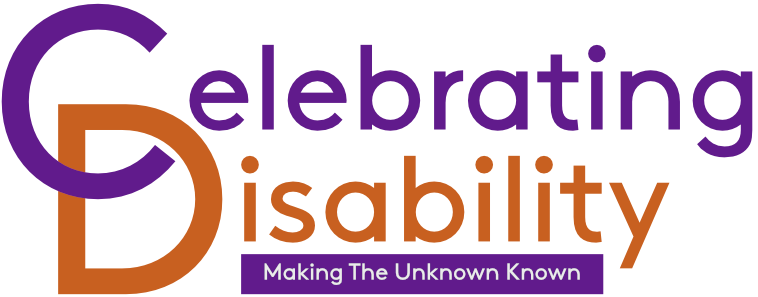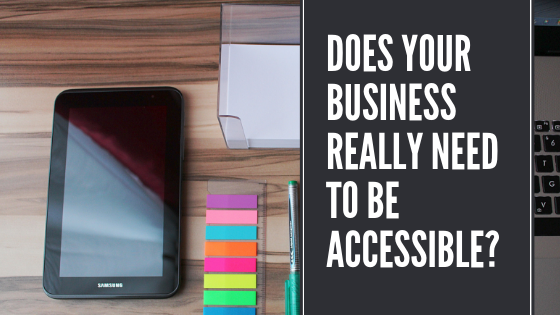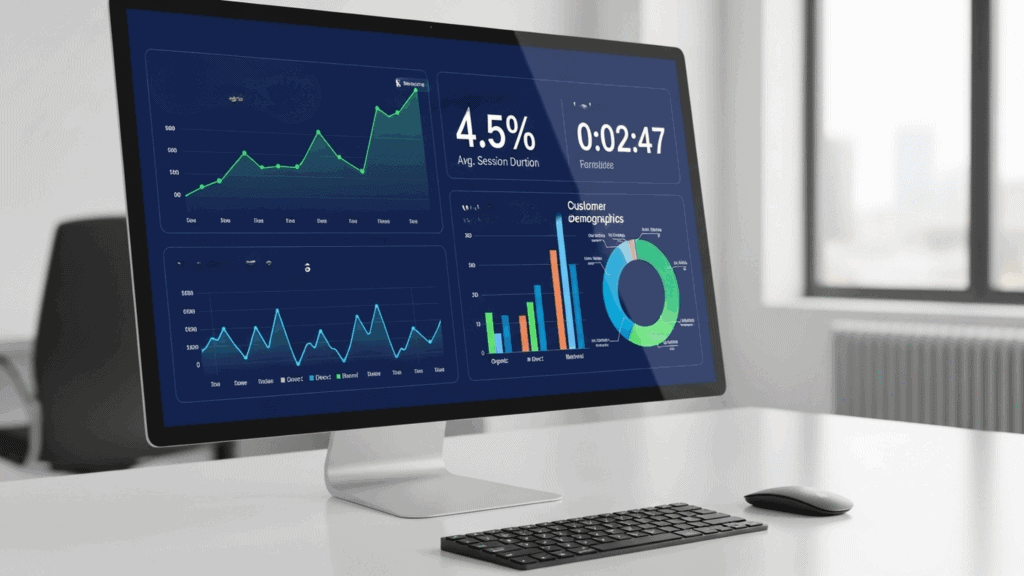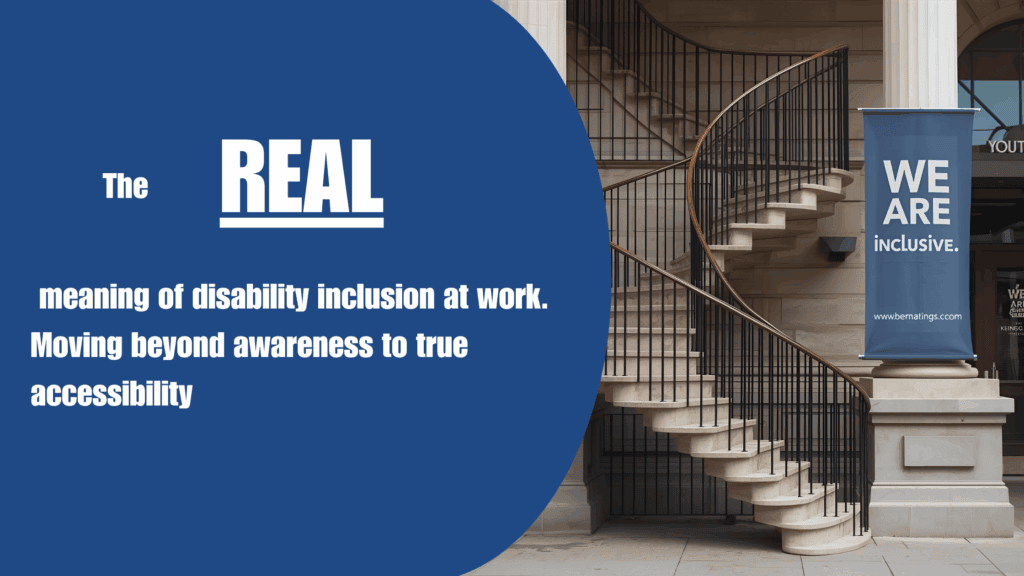In this blog: A few quick tips to help you be successful when thinking about recruiting disabled people in the workplace.
Field of Dreams
Recruiting disabled people into the workplace is a bit like that Kevin Costner film. You know the one with the line: “if you build it, they will come”? Well it’s not true! I hate to break it to you. The lucky few (and I mean the very few) seem to have everything fall at their feet but the majority of us, we have to work to make things happen.
The same can be said for disabled candidates. Many times I’ve heard people tell me that their business is inclusive but disabled people just don’t apply to their jobs. The short answer is, businesses cannot be inclusive if disabled people are not applying.

The stats
With 30% of the workforce currently been made up by disabled people and just under 14 million disabled people in the UK, it is really not the case that you are doing everything possible if people are not coming to your doors.
To recruit disabled people, you must first understand the barriers to employment. Some of the most common barriers are:
- Traditional, inaccessible application forms
- Rigid interview processes
- Inflexible and short-sighted job descriptions and person specifications
- Job boards that do not sponsor and champion diversity and inclusion
- Inaccessible transport
So what can we do about it? Nothing? Ok, thanks for reading. No, definitely not nothing, everything! Starting with this infographic.

Ensuring Inclusive Hiring
Whilst not a quick fix to begin with, can eventually mean that the processes run systemically throughout your business and department.
Inclusive Job Boards
Your prospective candidates must be able to find your job adverts before they can apply for them. Advertising in places where disabled people know that they will be valued will help you attract a diverse pool of candidates. Evenbreak is one such website. Every disabled candidate using the site knows that the businesses listed as truly inclusive of disabled people.
Non-Rigid Job Descriptions
A job description that is too focused on tasks and not on strengths and goals will prevent a lot of people from applying. You don’t want to lose the best candidate because they cannot relate to your job description.
Introduce The Business
Publishing an introduction to the business and what its vision is on your recruitment page/adverts will demonstrate your values to any candidate that reads it.
Flexible Application Process
Many application processes create barriers for disabled people who are trying to apply for the role. Ensure that your application process is accessible for all.
Creating Accessible Interviews
Making sure that your interview is accessible for every candidate will ensure that your disabled candidates can demonstrate all their abilities. Ask your candidates if they have any access requirements when you invite them to interview. There is more than one way to interview a candidate, the traditional version may not allow everyone to show their potential. Other successful interviewing methods include:
- Assessment Days – a range of excersises carried out in both group and one-on-one settings
- Task based interviews – assigning a candidate a task to complete. The task would emulate an actual task that the candidate would undertake if employed. For example; serving in a bar or coding a page. This interview method can be beneficial for candidates who struggle to communicate their strengths, i.e, autistic people or people with a learning disability
- Interview Panels – with interviewers from across the business with a broad range of diverse backgrounds. This can help to prevent an bias in hiring
You should never ask about a candidate’s disability. A question about reasonable adjustments should only pertain to the interview context. A conversation about workplace adjustments should be had after the candidate accepts the role.
Celebrating Disability can assist you to create recruitment processes that attract and engage disabled candidates. To find out more, click here to get in touch.




